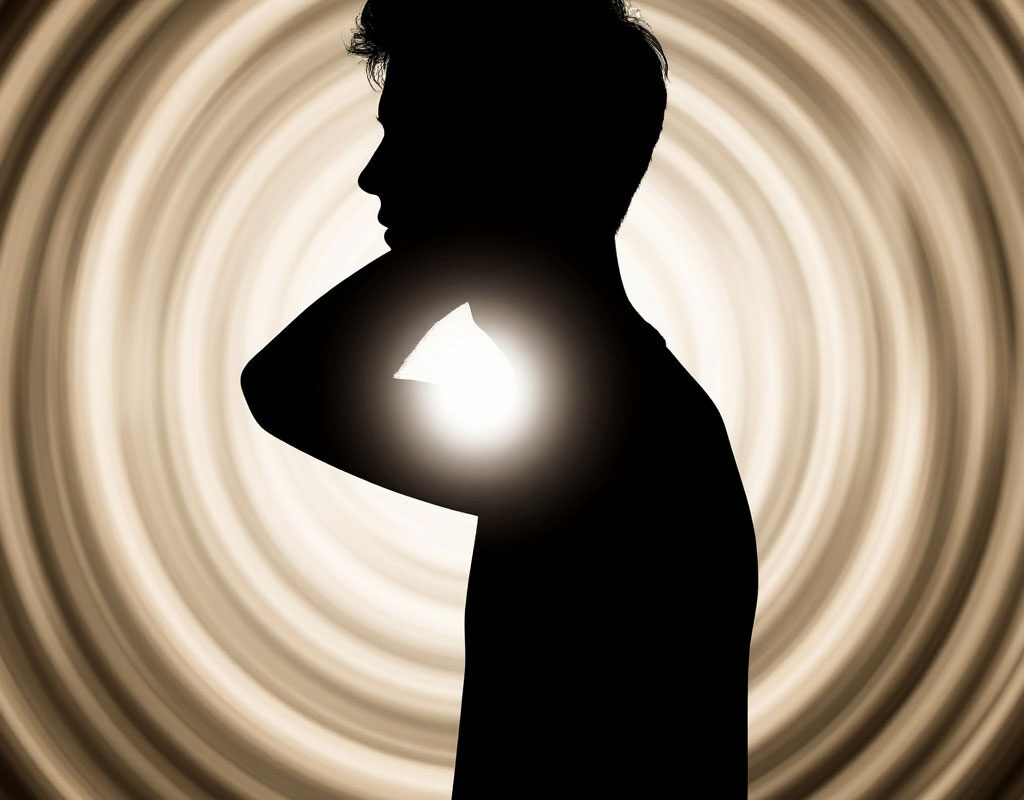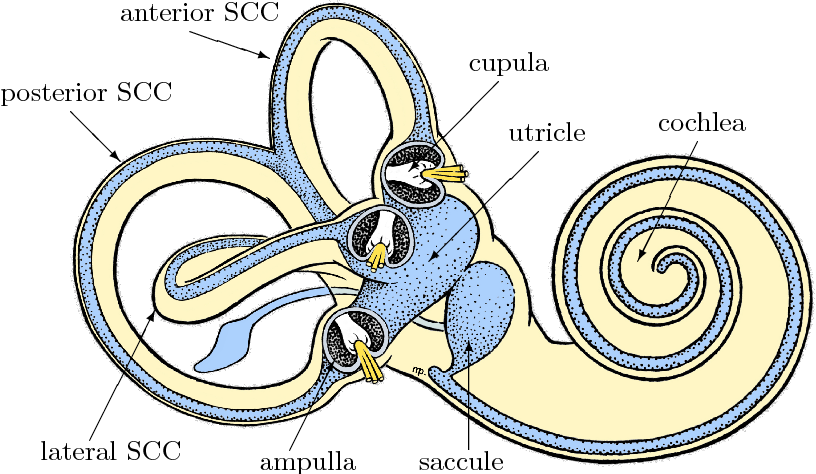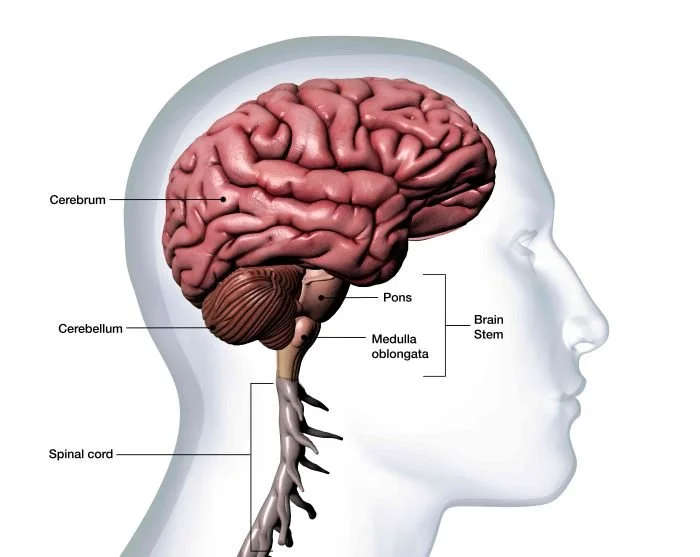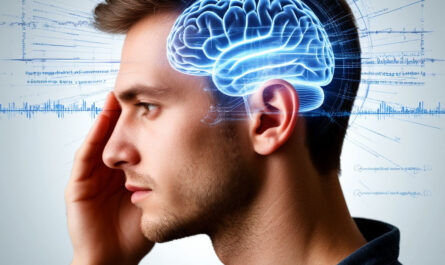Dizziness is the unsettling feeling that everything around you is spinning, tilting, or swaying—when in reality, nothing’s moving. It often strikes when you stand up too quickly, spin around, or ride in a moving vehicle. This sensation can last just a moment or linger for hours. The causes of dizziness vary widely, from dehydration and low blood pressure to more complex issues involving the inner ear or the brain’s ability to process motion. We’ll explore what dizziness really is, how your body maintains balance, and what throws that system off track.

What Is Dizziness? A Physiological Explanation
That woozy feeling isn’t just one sensation. It’s a broad term for feeling lightheaded or like everything’s spinning. Sometimes it’s a quick blip, like after standing up fast. Other times, it sticks around, leaving you wobbly for hours. The causes of dizziness often tie to how your body senses its place in space. Your brain, ears, and eyes all chip in to keep you upright.
The Body’s Balance Team
Your balance system is like a crew of superheroes working in sync. The vestibular system in your inner ear leads the pack, sending signals about your head’s position. Your eyes give visual cues about what’s around you. Muscles and joints add info about your body’s movement. When these systems clash, the causes of dizziness kick in, making you feel off. It’s like the team’s communication gets jumbled.
Different Types of Dizziness
That unsteady sensation comes in different flavors. Vertigo makes the world spin, like you’re on a carousel. Lightheadedness feels like you might pass out. Then there’s disequilibrium, where you feel shaky, like walking on a rocking boat. Each type points to different causes of dizziness, from ear issues to low blood pressure. Knowing the type helps figure out what’s wrong. For instance, vertigo often links to the vestibular system, while lightheadedness might come from dehydration.
How the Inner Ear Affects Balance
Your inner ear is a small but powerful player in keeping you steady. It houses the vestibular system, a setup of fluid-filled canals and sensors. These track your head’s movements and position. When you turn or lean, the fluid shifts, telling your brain where you are. If something throws this system off, the causes of dizziness strike quickly.
The Vestibular System’s Role
Your inner ear’s setup includes three semicircular canals, each with fluid and tiny hair-like sensors. These canals catch rotation—like when you spin or tilt your head. The otolith organs sense straight-line movements, like riding an elevator. Together, they anchor your system. When they malfunction, you might feel like you’re falling or spinning. Things like infections or loose crystals in the canals can trigger these causes of dizziness.
Common Inner Ear Problems
Inner ear troubles are a major source of dizziness. Here’s a rundown of common issues:
- Benign Paroxysmal Positional Vertigo (BPPV): Tiny crystals in your ear get stuck, confusing your balance system. It sparks short bursts of vertigo.
- Labyrinthitis: An infection inflames the inner ear, messing with your sense of motion. It can leave you unsteady for days.
- Meniere’s Disease: Fluid buildup in the ear causes vertigo, hearing loss, and ringing. It’s a chronic condition that flares up now and then.
- Vestibular Neuritis: A virus hits the nerve linking your ear to your brain. It can cause intense dizziness without affecting hearing.
These conditions highlight how sensitive the inner ear is. Even minor disruptions can lead to noticeable causes of dizziness.
How the Brain Interprets Motion Signals
Your brain is the control center responsible for your well-being and stability. It pulls signals from your inner ear, eyes, and body to sort out where you are and how you’re moving. When these signals don’t line up, you feel unsteady. The brain needs clear communication to maintain your sense of motion. If one part sends a weird signal, the causes of dizziness take over.
The Role of Nystagmus
Nystagmus is when your eyes twitch or jerk without control. It’s often linked to dizziness. Your brain uses eye movements to track your surroundings. If the vestibular system sends bad info, your eyes might dart around, making the world seem to spin. This is common in vertigo. Doctors check for nystagmus to diagnose balance problems, as it shows how your brain handles motion signals.
How Signals Get Mixed Up
Your brain juggles tons of info to keep you balanced. Here’s a table showing the main systems and their roles:
| System | What It Does | What Happens When It Fails |
| Vestibular System | Tracks head movement and position | Causes vertigo or a spinning sensation |
| Visual System | Provides visual cues about surroundings | Misleads brain, making you feel unsteady |
| Proprioceptive System | Senses body position through muscles/joints | Leads to wobbling or poor coordination |
When these systems send conflicting signals, your brain gets thrown off. For example, if your inner ear says you’re spinning but your eyes say you’re still, you feel dizzy. This mismatch is among the top causes of dizziness. Things like migraines or stress can further scramble how your brain processes these signals.
Brain Conditions and Dizziness
Sometimes the brain itself causes problems. Migraines can disrupt how motion signals are handled, leading to vertigo. Strokes or head injuries can harm areas that manage balance. Even some medications, like certain antidepressants, can spark dizziness. These cases show how vital the brain is in sorting out your body’s position and movement.

Why We Sometimes Feel Like We’re Moving When We’re Not
Ever sit still but feel like you’re swaying? That’s your balance system playing tricks. This happens when your brain misreads signals from the vestibular system or eyes. It’s like your body’s GPS goes glitchy. This false motion feeling can be unsettling but usually has a clear cause behind it.
Motion Sickness and False Motion
Motion sickness is a prime example of feeling movement that isn’t there. In a car, your eyes see the scenery speeding by, but your body feels still. This confuses your brain, leading to dizziness or nausea. It’s a mismatch between your sense of motion and reality. You might also feel wobbly after a boat ride, even on solid ground. This is called mal de debarquement, where your brain keeps expecting the rocking motion.
Other Triggers of False Motion
False motion isn’t just about travel. Here are some common triggers:
- Postural Hypotension: Standing up too fast drops your blood pressure. Your brain gets less oxygen, making you feel like you’re swaying.
- Visual Overload: Staring at moving patterns, like waves or scrolling screens, tricks your eyes. Your brain thinks you’re moving.
- Fatigue or Stress: Being wiped out messes with your brain’s signal processing. You might feel off-balance without moving.
- Medications: Some drugs, like those for anxiety, affect your balance system. They can create a false sense of motion.
These triggers show how delicate your balance system is. Even small changes can make you feel like you’re moving when you’re not.
Inner Ear Crystals and False Motion
Those tiny crystals in your inner ear can cause big problems. In BPPV, they shift into the wrong part of the vestibular system. This sends false signals to your brain, making you feel like you’re spinning while lying still. Simple head movements, like rolling over in bed, can set off these causes of dizziness. Doctors use specific maneuvers to reposition these crystals, often fixing the issue quickly.
Interesting Fact: How Astronauts Train Their Balance
Astronauts face some wild balance challenges. In space, there’s no gravity to guide their vestibular system in figuring out up from down. Their sense of motion gets completely rewired. To prepare, they train in unique ways to adapt their balance system. This shows how flexible our bodies can be under extreme conditions.
Training in Zero Gravity
NASA puts astronauts through intense balance training. They use simulators like giant water tanks or planes that dive to mimic weightlessness. These setups disrupt their inner ear, forcing their brains to rely on other cues, like vision. Over time, their brains adapt to handle the lack of gravity. This training helps them avoid dizziness when they first hit space. It’s like rewiring their balance system on the go.
Adapting Back to Earth
Returning to Earth is just as tough. After weeks in space, astronauts’ balance systems are out of sync. Their vestibular system has to relearn how gravity works. They often feel dizzy or unsteady for days. NASA uses exercises, like standing on foam pads or tracking moving objects, to retrain their brains. This shows how adaptable our sense of motion is, even after extreme conditions.
Dizziness signals something’s off in your balance system. The causes of dizziness are diverse—inner ear troubles, brain signal mix-ups, or even just standing up too fast. Your vestibular system, eyes, and brain work hard to keep you steady, but they’re not flawless. From spinning sensations to feeling like you’re moving when you’re not, these glitches reveal how complex balance is. Astronauts push this system to its limits, showing us how adaptable it can be. Next time you feel unsteady, you’ll know it’s your body trying to fix its own internal GPS.





